
Key Takeaways
- Anime is Japan’s soft power, showcasing culture through storytelling and iconic characters globally.
- Anime educates viewers about Japan’s rich culture and generates billions in revenue annually.
- Through detailed depictions of Japanese life, anime serves as a cultural tour guide, attracting tourists and fostering global community.
As a lifelong enthusiast of anime, I can confidently say that Japan’s animated storytelling has played a pivotal role in shaping my global perspective and fostering a deep appreciation for diverse cultures. From the captivating narratives of Attack on Titan to the heart-wrenching melodies of Your Lie in April, anime has been an unparalleled window into the heart and soul of Japan.
When you come across the term “anime,” it may bring to mind intense fights, heart-wrenching scenes, or perhaps your friend who won’t stop championing “One Piece.” However, anime is much more than mere entertainment. It represents a significant cultural movement and plays a crucial role in Japan’s soft power strategy.
Anime, with its captivating narratives and memorable characters, has crossed geographical boundaries, enthralling countless individuals globally. It serves not only as a means for Japan to distribute art but also values, customs, and national character. By now, virtually everyone is familiar with anime. This underscores its significance as a global emissary, influencing perspectives and fortifying cultural bonds.
Soft Power 101: A Quick Dive
Well, Soft Power Has Been Delivering Some Hard Blows
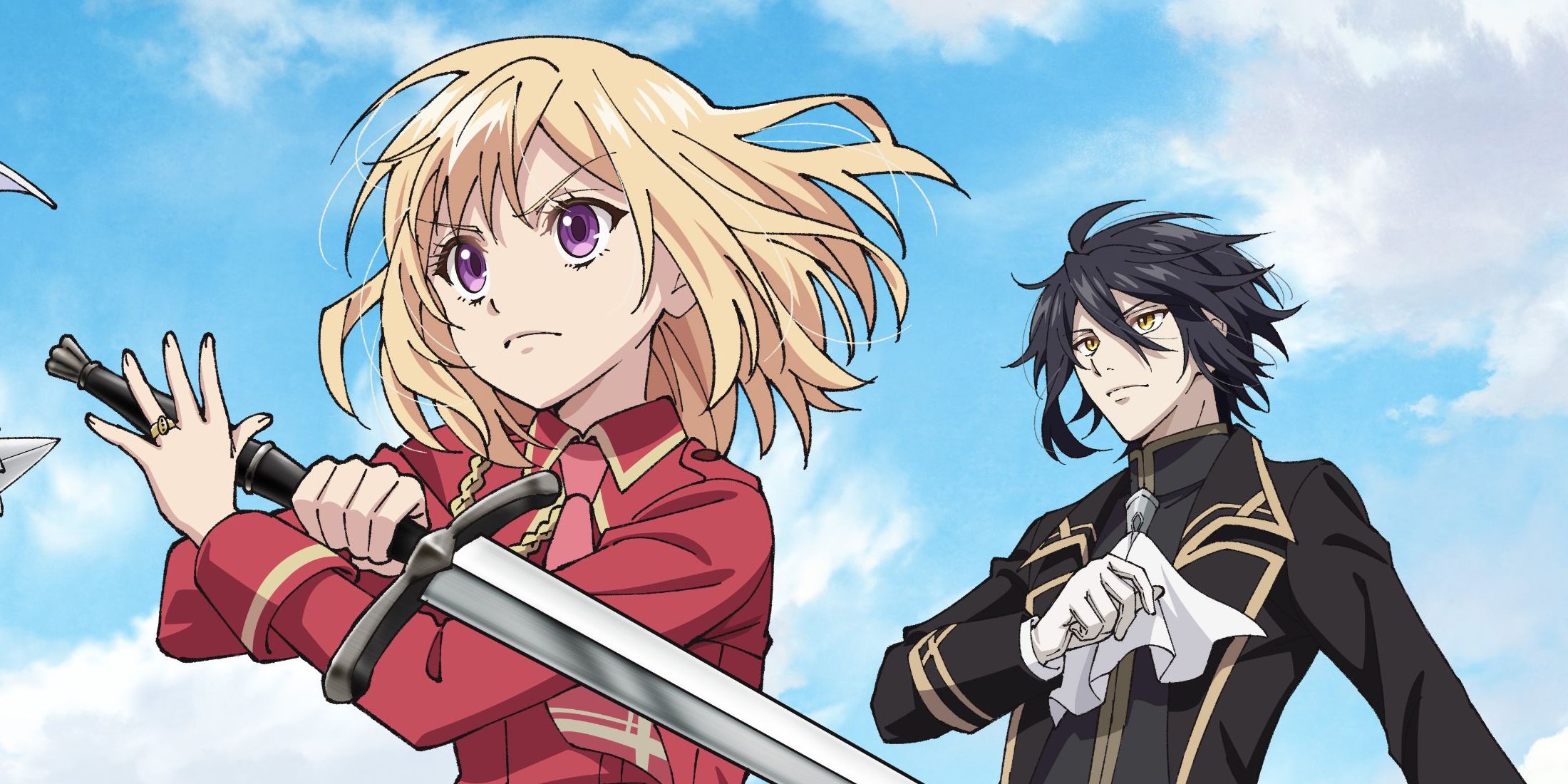
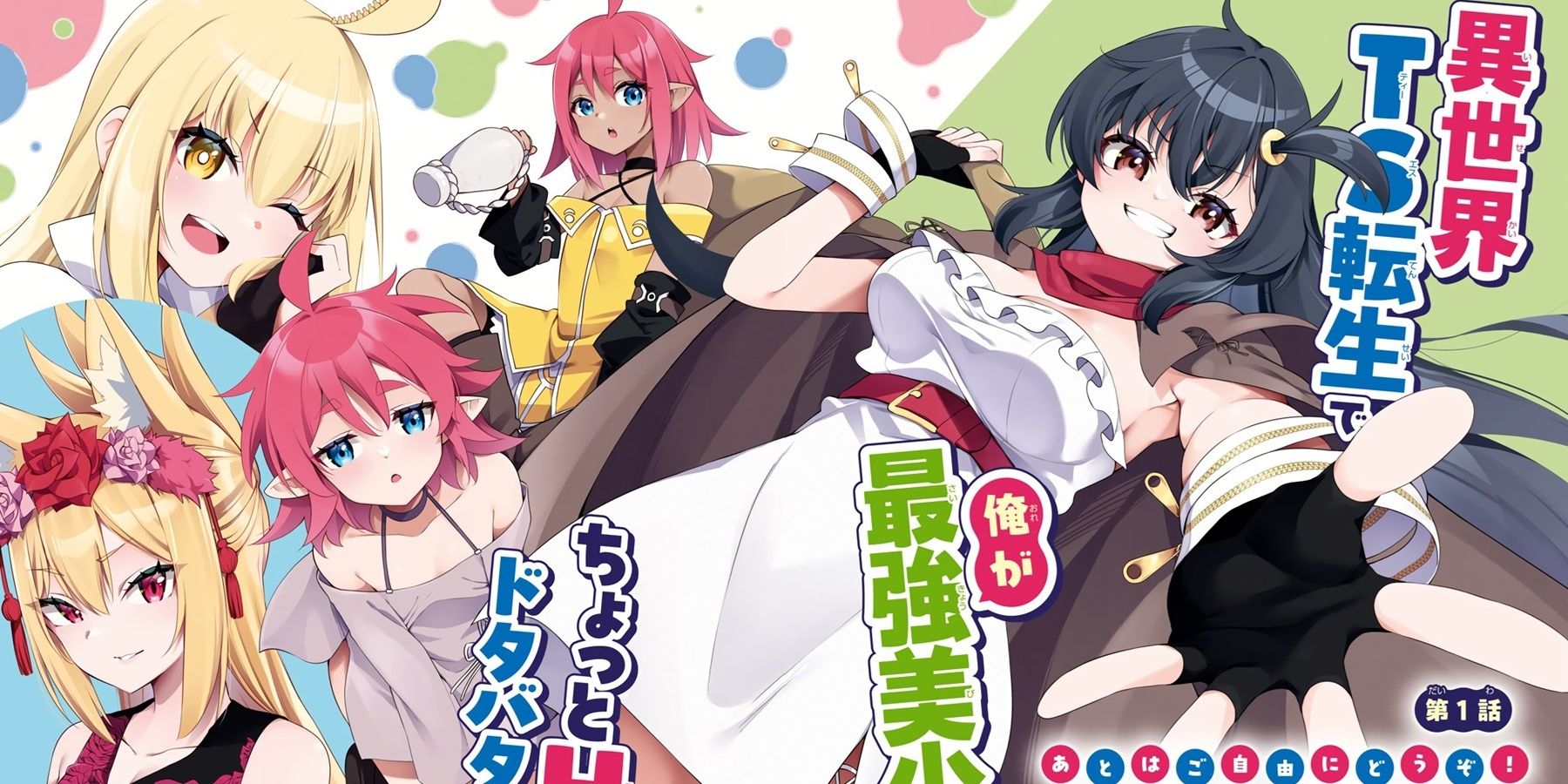



Soft power, as defined by political scientist Joseph Nye, is a nation’s capacity to sway others not through force or compulsion, but by means of culture, values, and diplomacy. For Japan, anime has emerged as a key element in this influence, serving as a cultural bridge that forges connections and leaves an enduring impact on global viewers.
Anime serves more than just entertainment; it incorporates aspects of Japanese language, traditions, and philosophies, providing viewers with a glimpse into Japan’s profound culture. Originating as a niche interest, anime now generates billions of dollars each year, and for the first time in 2020, international sales surpassed domestic revenues. Streaming giants like Netflix and Crunchyroll have invested significantly to make anime accessible to millions of viewers across the globe.
Furthermore, events like Anime Expo in Los Angeles and Japan Expo in Paris attract massive audiences, demonstrating the significant growth and global fanbase that anime has amassed over the years.
Anime as a Cultural Tour Guide
Where Cherry Blossoms Meet Chaotic Fight Scenes

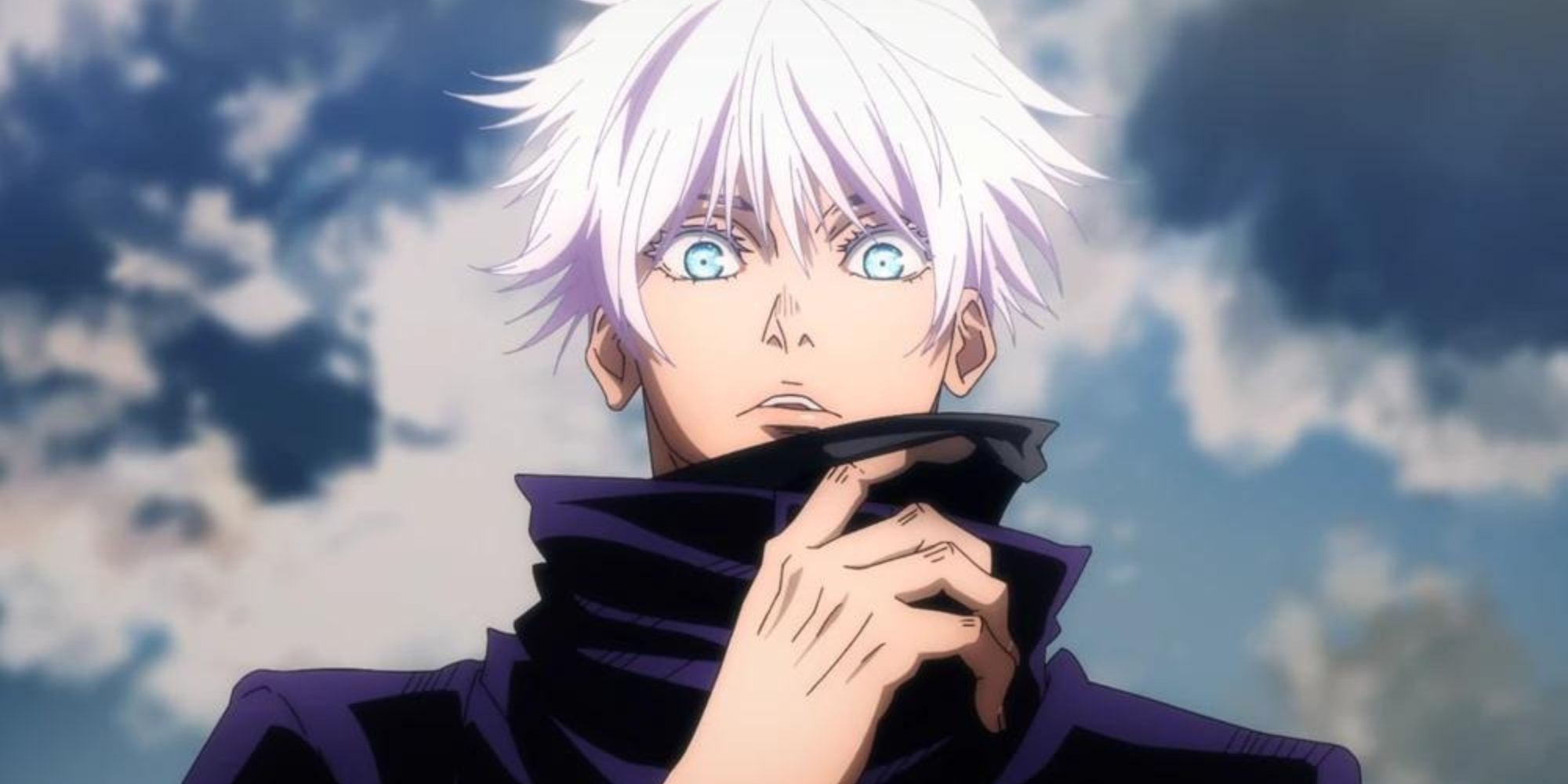
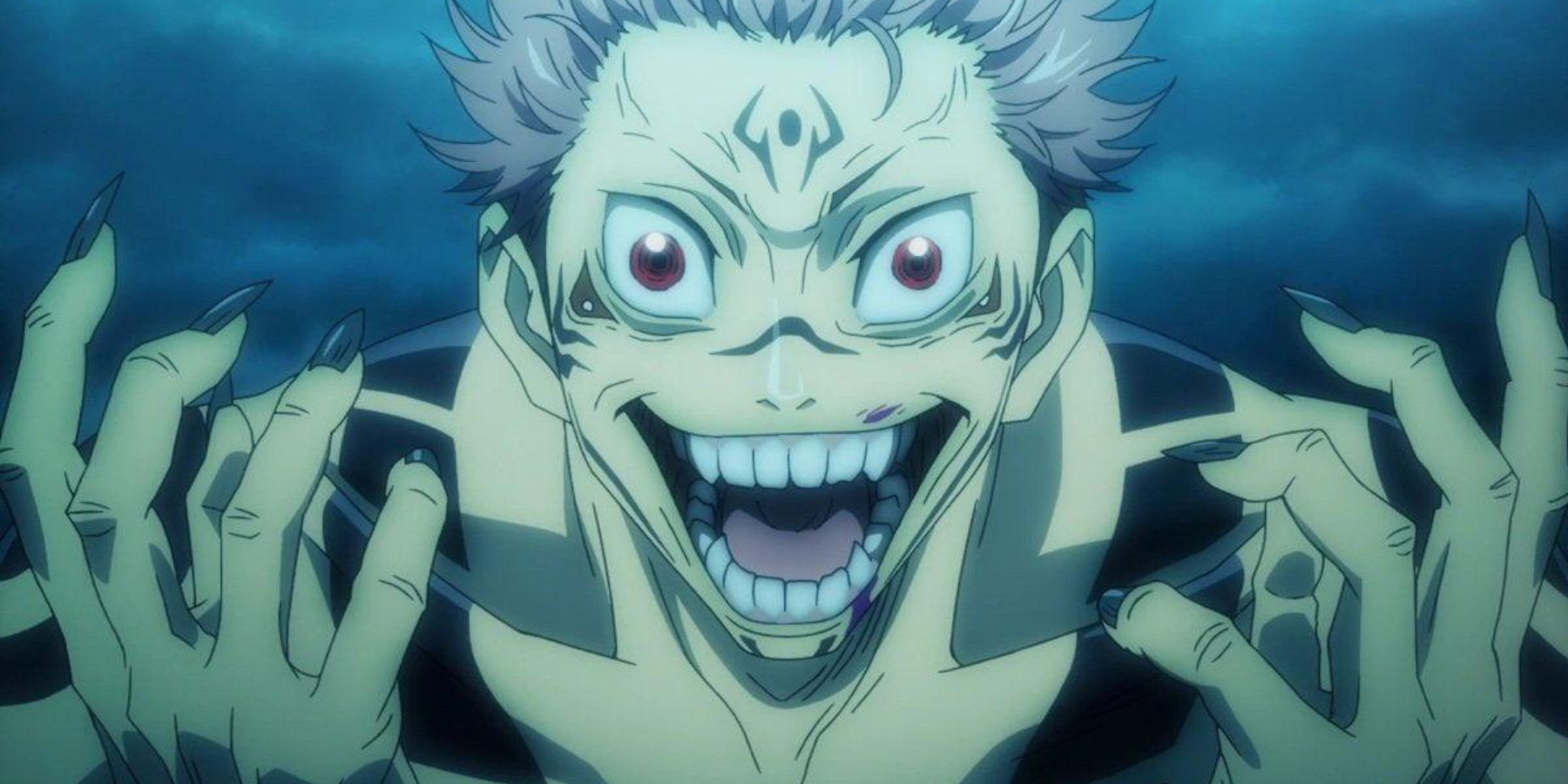
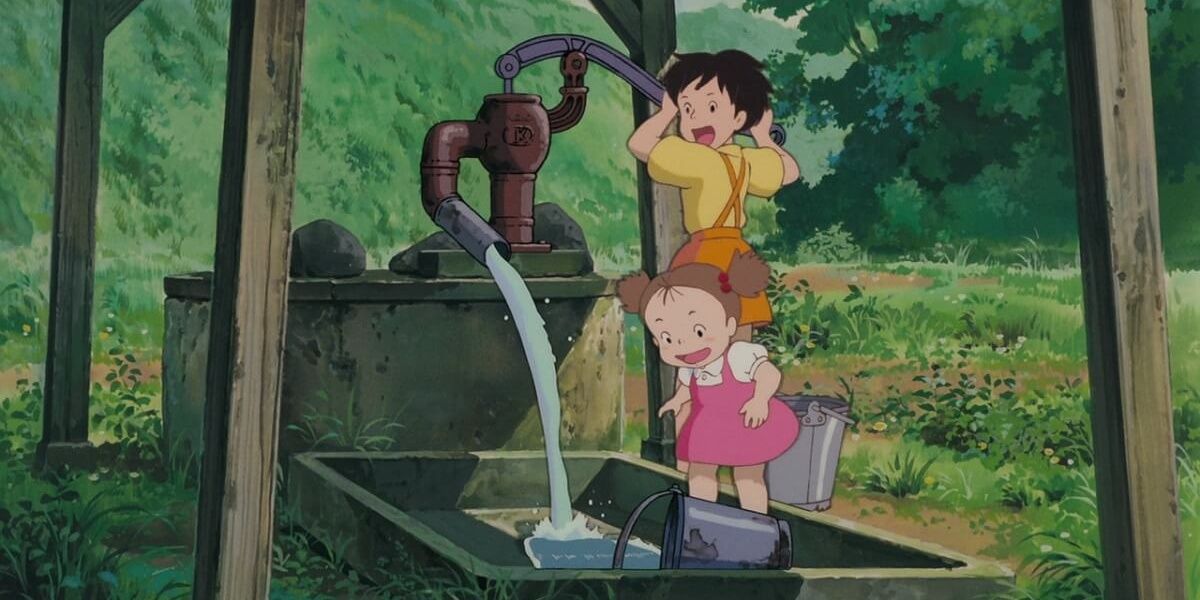
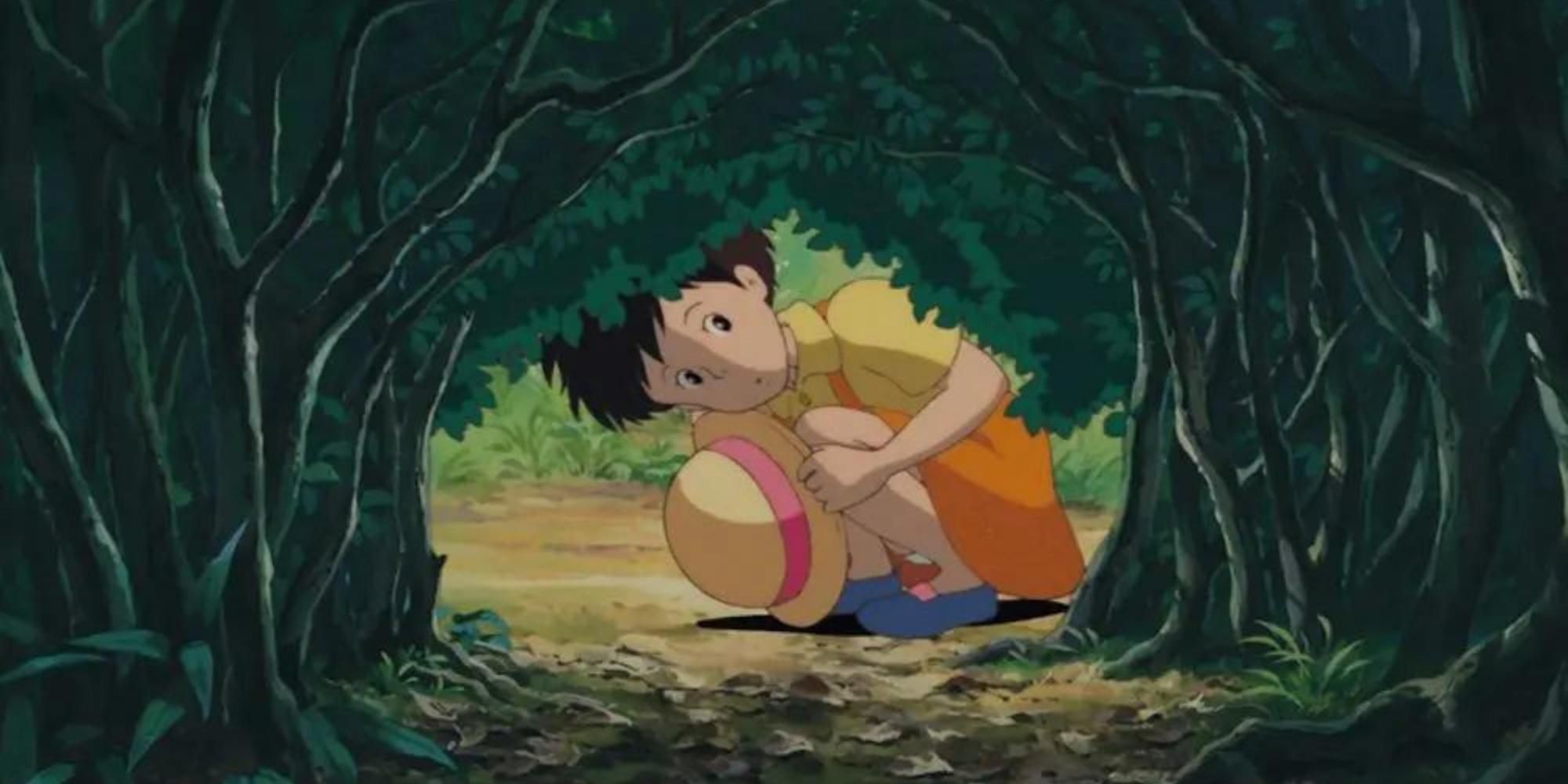
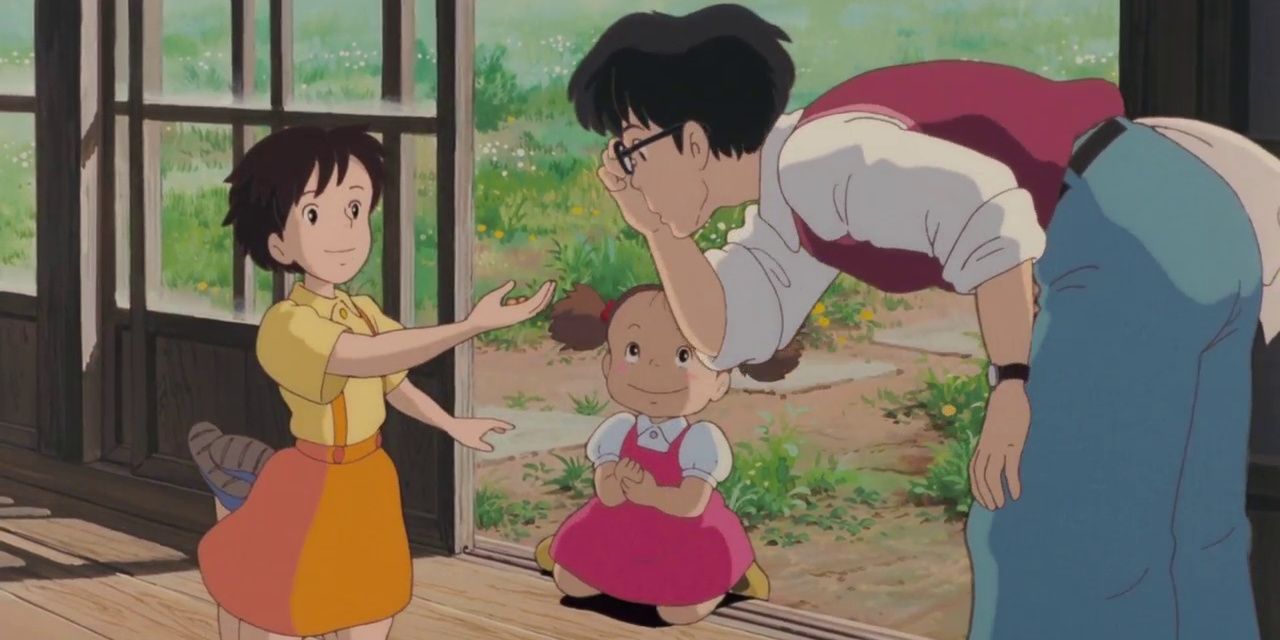
Have you ever noticed how richly detailed anime is when portraying aspects of Japanese culture? Whether it’s the food, festivals, or daily life, it feels like a dynamic travel guide. Even watching a movie like “My Neighbor Totoro” can evoke feelings of nostalgia for rural Japan that you may have never visited in reality. Conversely, anime such as “Jujutsu Kaisen” offers a vibrant glimpse into the fast-paced urban life in Tokyo. The care put into cultural details makes Japan feel real and enticing to viewers.
The impact is measurable. Japan’s tourism surged dramatically before the pandemic, with many visitors citing anime as a key reason for their interest in the country. Visiting iconic anime locations, such as the Ghibli Museum or the streets of Akihabara, becomes a dream for fans.
Cultural Exchange Through Storytelling


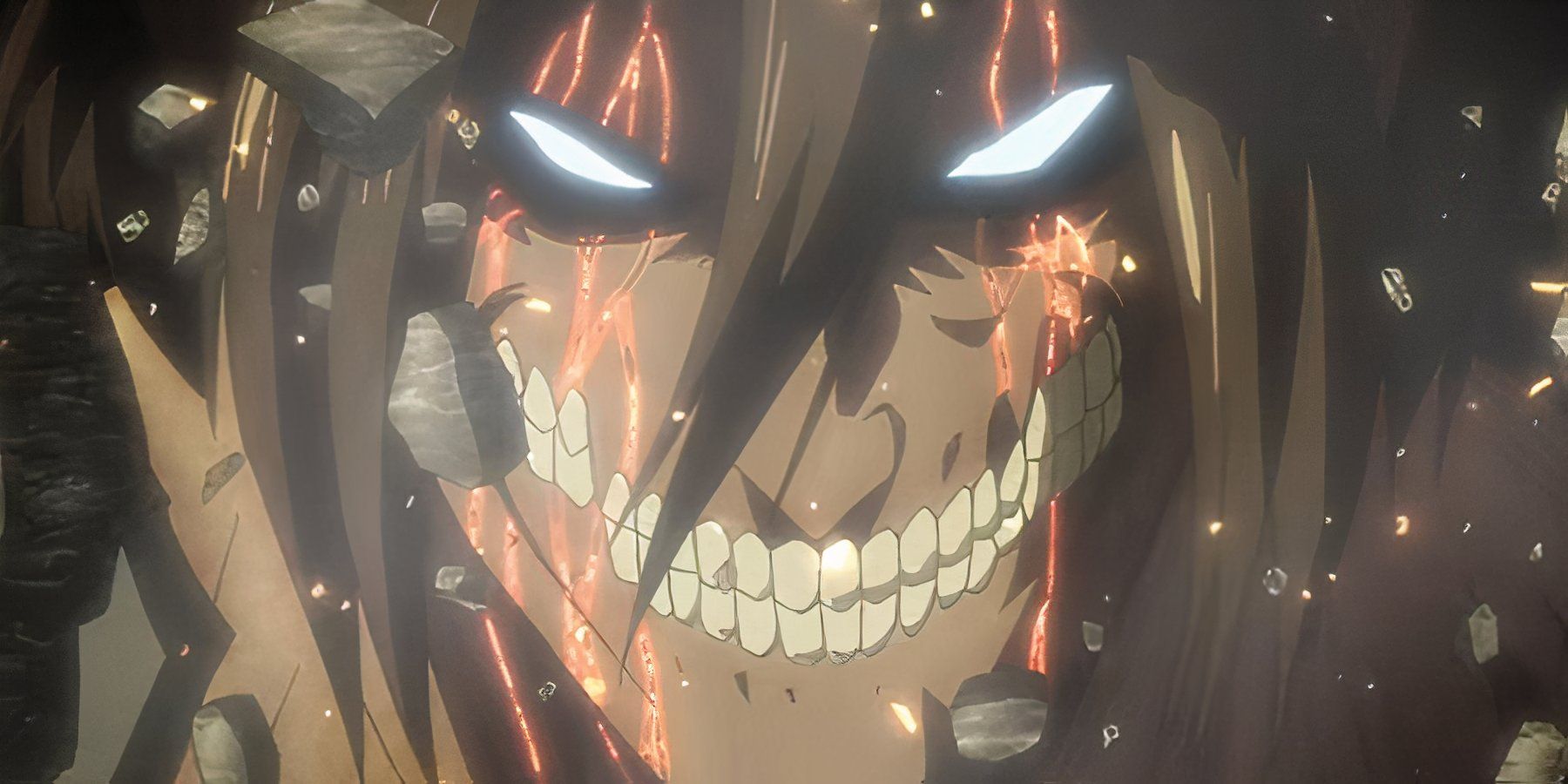
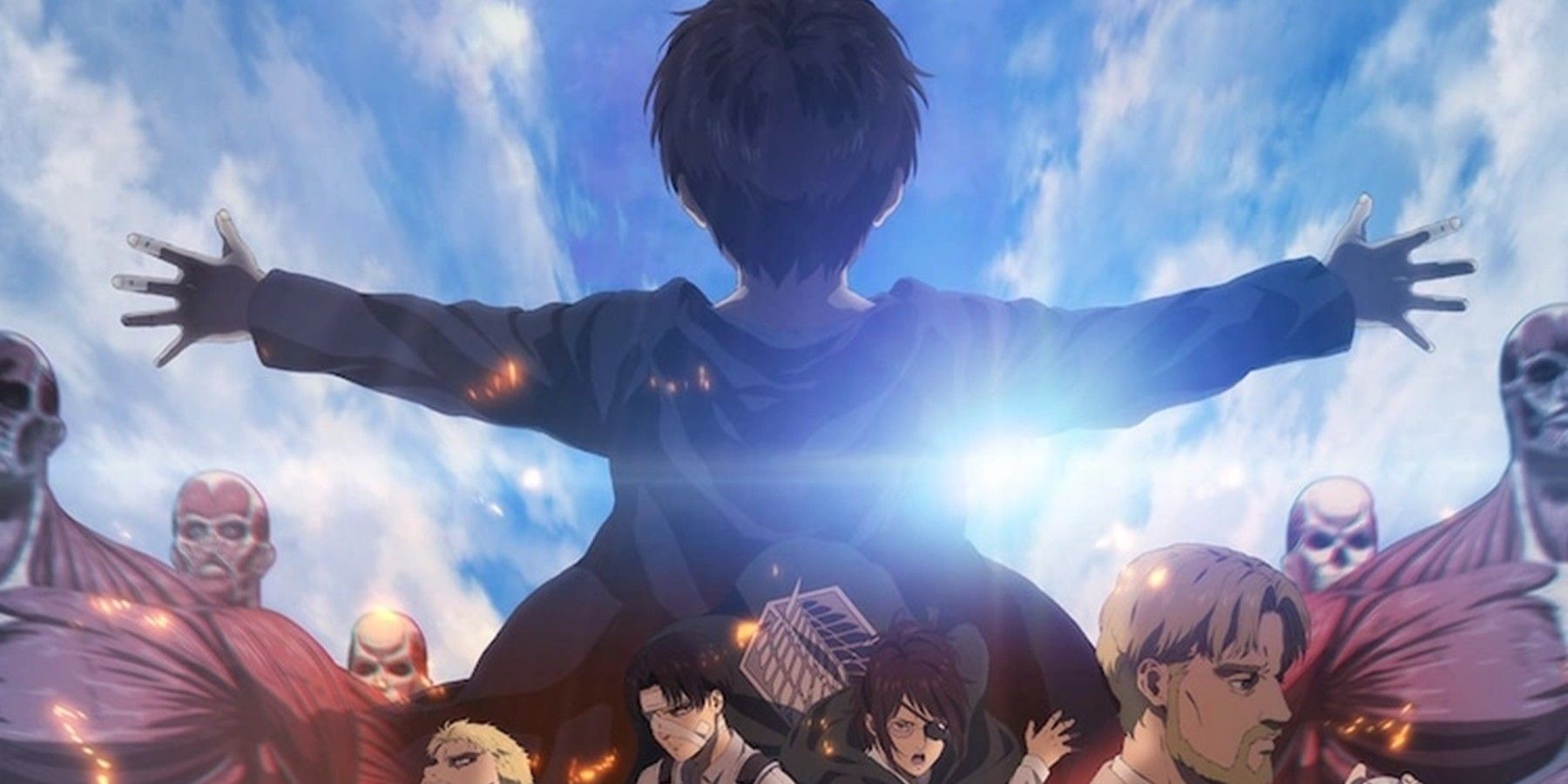
Anime’s power primarily stems from its storytelling capabilities. Unlike many Western cartoons that mainly cater to a young audience, anime covers a wide range of genres and age groups, exploring topics such as growing up challenges and deep philosophical questions. This rich narrative complexity has a universal appeal, providing unique viewpoints and shared human experiences.
As a devoted fan, I can’t help but point out the profound impact of “Attack on Titan.” Despite being set in a fantastical universe, it resonates deeply with audiences globally due to its thought-provoking themes such as freedom, oppression, and morality. The Japanese government and businesses recognize this appeal and use these iconic characters as emissaries, fostering connections worldwide.
How Could Anything Be More Important Than Keeping Humanity From Being Wiped Out? – Eren Yaeger
Pikachu, the beloved symbol of the Pokemon series, serves as an exemplary figure. From gracing World Cup events to adorning aircraft with Pokemon themes, Pikachu isn’t merely marketing games; it’s projecting a favorable image of Japan. Similarly, anime characters like Doraemon are appointed as “anime ambassadors” by Japan, using their influence to propagate its culture globally. These characters cross linguistic boundaries, resonating with universal feelings and igniting interest in Japan’s customs and ethos.
Japan’s Anime Legacy
The Heartbeat of Japan’s Soft Power
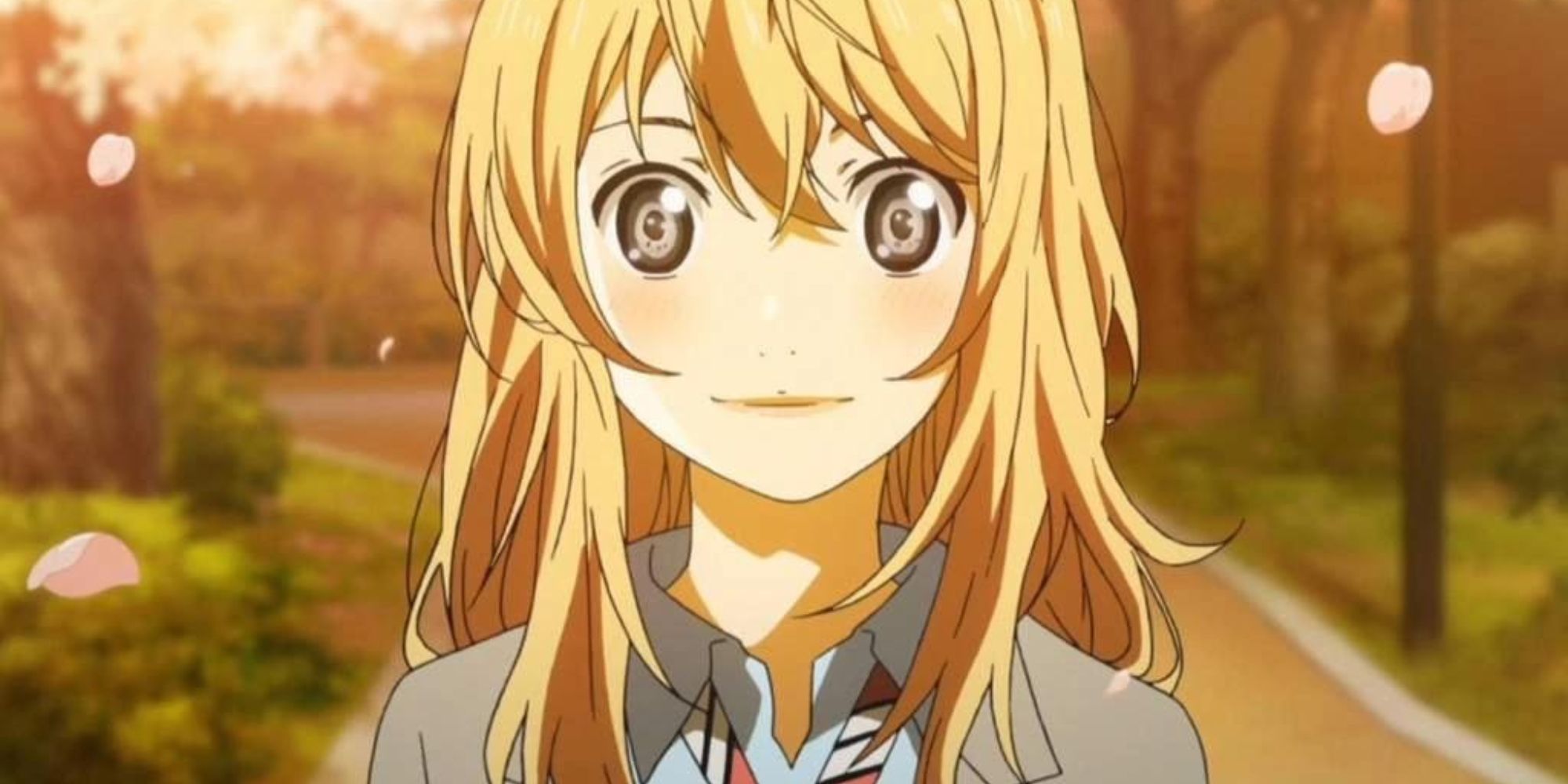
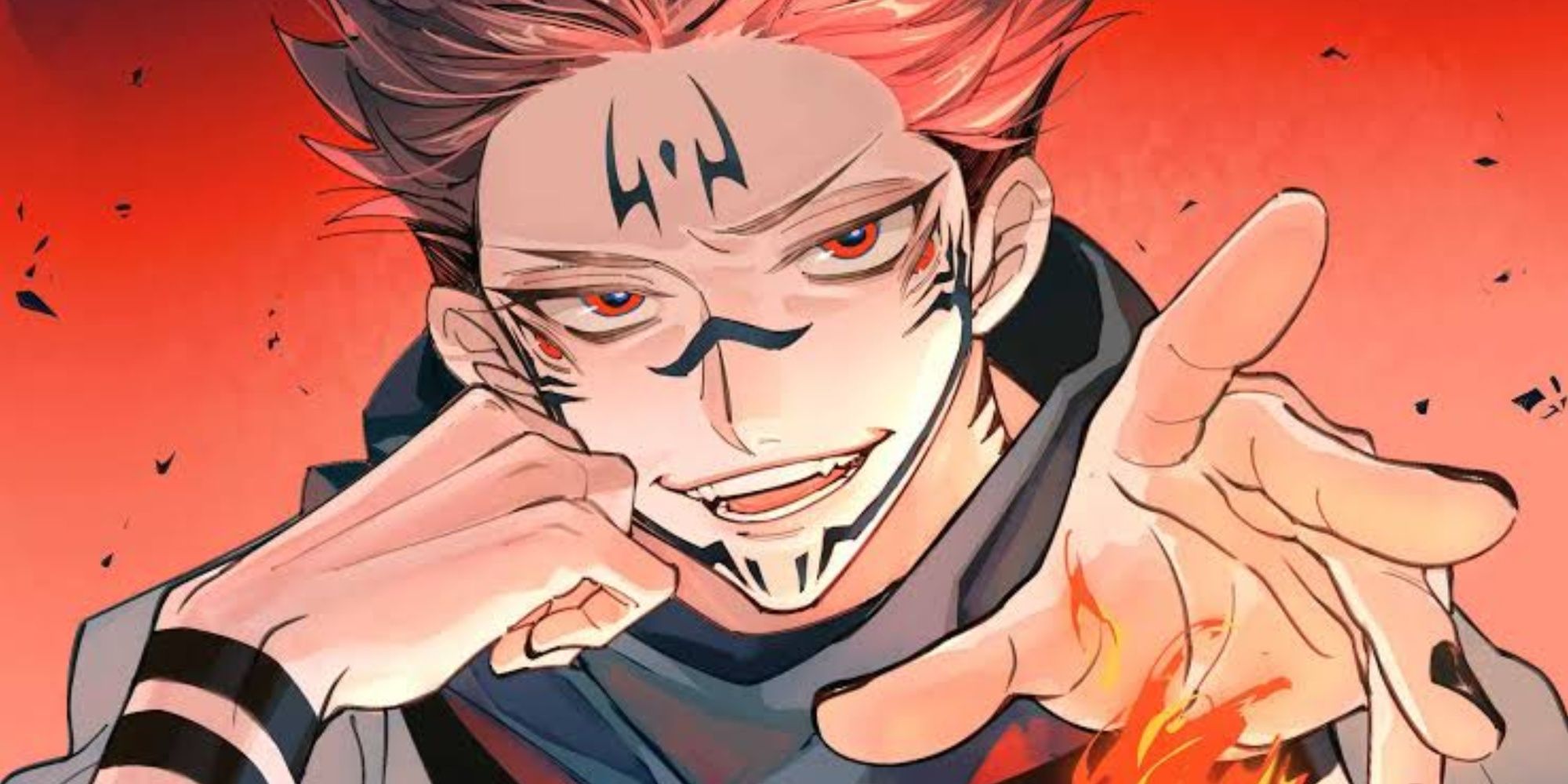

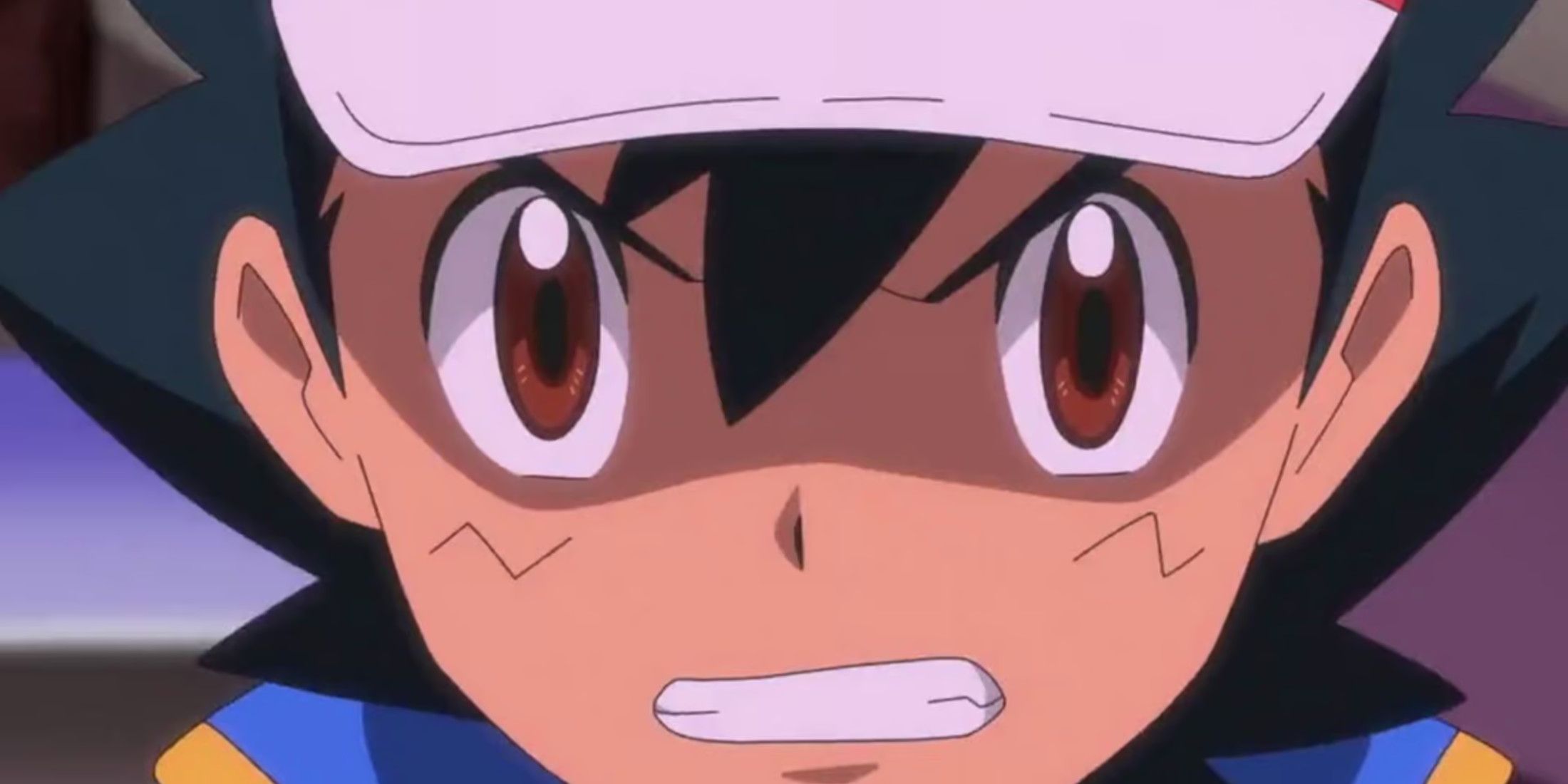
![]()
As an ardent admirer, I can confidently say that anime transcends mere global popularity. It serves as a vibrant cultural connection, offering insights into the essence of Japan – its traditions, values, and artistic flair. This shared experience not only amplifies Japan’s global image but also fosters mutual understanding among different cultures.
The next time you become absorbed in watching episodes of “Attack on Titan” or are moved to tears by “Your Lie in April,” keep this thought in mind: You’re not merely reading, hearing, or listening to stories; you’re participating in a broader international phenomenon, story after story. With each episode, the cultural ties strengthen, as we all share in the beauty and enchantment that the Japanese art and storytelling brings to life.
Read More
- 6 Best Mechs for Beginners in Mecha Break to Dominate Matches!
- Unleash Willow’s Power: The Ultimate Build for Reverse: 1999!
- How to Reach 80,000M in Dead Rails
- One Piece 1142 Spoilers: Loki Unleashes Chaos While Holy Knights Strike!
- Unlock the Ultimate Armor Sets in Kingdom Come: Deliverance 2!
- Top 5 Swords in Kingdom Come Deliverance 2
- 8 Best Souls-Like Games With Co-op
- New Details On NASCAR 25 Career Mode Released
- John Carpenter’s Toxic Commando: Mastering Zombie Co-Op Legacy
- LUNC PREDICTION. LUNC cryptocurrency
2024-12-10 06:04